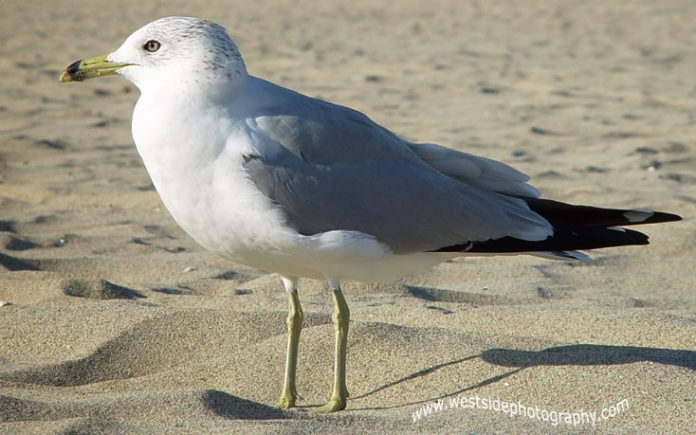Researchers noted a high concentration of ammonia in the air surrounding the Canadian Arctic during the summertime. Around that same time of year, millions of birds flock to the area to breed.
So the researchers decided to mimic the chemicals in bird guano and found ammonia from seabird poop can keep temperatures cooler in the Arctic.
The Arctic – the world’s northernmost polar region – is one of the most vulnerable regions of the globe to climate change. As the planet warms, some of the planet’s ecosystem are pushed past breaking points.
In the Arctic, the effects of climate change are predicted to have the biggest impact, with large amounts of sea-ice melting every year and some glaciers loosing hundred of metres of ice in just seven years.
Everything that can lower temperatures in the Arctic is thus interesting for scientists, and in a new study published in the journal Nature Communications, they have described how some cooling down mechanisms may come from unexpected sources – such as seabird poop.
Particles near bird colonies
Combining observations of seabirds near the Arctic with computer simulations, the study authors have identified bursts of atmospheric particles associated with ammonia emissions from guano during the summer.
Many migratory Arctic seabird colonies are present at this time of the year close to the Arctic polar region. Although the study shows ammonia emissions appear to be concentrated near where the colonies are located, the particles linked to these emissions subsequently spread throughout the Arctic.
Water vapour in the air condenses around the particles, encouraging cloud formation. Clouds have a key role in modulating surface temperature, and can induce a minor cooling. Thus, the scientists conclude that cloud formation promoted by bird droppings may have a minor cooling effect over the Arctic. However, this cooling is not strong enough to entirely prevent the negative consequences of climate change.















